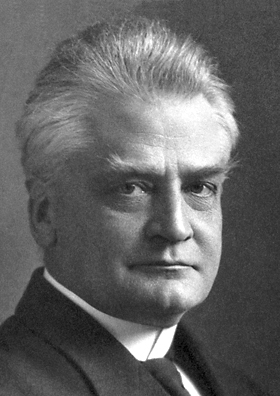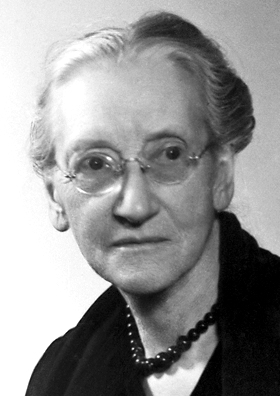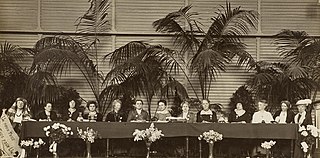Related Research Articles

The Permanent Court of Arbitration (PCA) is a non-UN intergovernmental organization located in The Hague, Netherlands. Unlike a judicial court in the traditional sense, the PCA provides services of arbitral tribunal to resolve disputes that arise out of international agreements between member states, international organizations or private parties. The cases span a range of legal issues involving territorial and maritime boundaries, sovereignty, human rights, international investment, and international and regional trade. The PCA is constituted through two separate multilateral conventions with a combined membership of 122 states. It is not a United Nations agency, but a United Nations observer.
The Treaty on the Protection of Artistic and Scientific Institutions and Historic Monuments or Roerich Pact is an inter-American treaty. The most important idea of the Roerich Pact is the legal recognition that the defense of cultural objects is more important than the use or destruction of that culture for military purposes, and the protection of culture always has precedence over any military necessity.

Christian Lous Lange was a Norwegian historian, teacher, and political scientist. He was one of the world's foremost exponents of the theory and practice of internationalism.

Emily Greene Balch was an American economist, sociologist and pacifist. Balch combined an academic career at Wellesley College with a long-standing interest in social issues such as poverty, child labor, and immigration, as well as settlement work to uplift poor immigrants and reduce juvenile delinquency.

The Peace Palace is an international law administrative building in The Hague, the Netherlands. It houses the International Court of Justice, the Permanent Court of Arbitration (PCA), The Hague Academy of International Law and the Peace Palace Library.

Fannie Lou Hamer was an American voting and women's rights activist, community organizer, and a leader in the civil rights movement. She was the vice-chair of the Freedom Democratic Party, which she represented at the 1964 Democratic National Convention. Hamer also organized Mississippi's Freedom Summer along with the Student Nonviolent Coordinating Committee (SNCC). She was also a co-founder of the National Women's Political Caucus, an organization created to recruit, train, and support women of all races who wish to seek election to government office.

The Women's International League for Peace and Freedom (WILPF) is a non-profit non-governmental organization working "to bring together women of different political views and philosophical and religious backgrounds determined to study and make known the causes of war and work for a permanent peace" and to unite women worldwide who oppose oppression and exploitation. WILPF has national sections in 37 countries.

James Francis Burke was Republican member of the U.S. House of Representatives for Pennsylvania.

Fannie Fern Andrews (Phillips), PhD (1867–1950) was an American lecturer, teacher, social worker, and writer.

Sorosis was the first professional women's club in the United States. It was established in March 1868 in New York City by Jane Cunningham Croly.

The Tablet to The Hague is a letter which ʻAbdu'l-Bahá wrote to the Central Organisation for Durable Peace in The Hague, The Netherlands on 17 December 1919.

The Woman's Peace Party (WPP) was an American pacifist and feminist organization formally established in January 1915 in response to World War I. The organization is remembered as the first American peace organization to make use of direct action tactics such as public demonstration. The Woman's Peace Party became the American section of an international organization known as the International Committee of Women for Permanent Peace later in 1915, a group which later changed its name to the Women's International League for Peace and Freedom.
A peace congress, in international relations, has at times been defined in a way that would distinguish it from a peace conference, as an ambitious forum to carry out dispute resolution in international affairs, and prevent wars. This idea was widely promoted during the nineteenth century, anticipating the international bodies that would be set up in the twentieth century with comparable aims.

Wendy Ruth Sherman is an American diplomat who served as the United States deputy secretary of state from April 2021 to July 2023. She was a professor of the practice of public leadership and director of the Center for Public Leadership at the Harvard Kennedy School, a senior counselor at Albright Stonebridge Group, and a senior fellow at Harvard Kennedy School's Belfer Center for Science and International Affairs.
Fannie is a given name. Notable people with the name include:

Joseph Saragossi, was a Spanish-born rabbi and kabbalist of the 15th and 16th centuries. He is credited with developing Safed into an important Jewish and kabbalistic centre. Due to a legend he is known as Tzaddik ha-Lavan or Tzaddik ha-Tarnegolim

Women at the Hague was an International Congress of Women conference held at The Hague, Netherlands in April 1915. It had over 1,100 delegates and it established an International Committee of Women for Permanent Peace (ICWPP) with Jane Addams as president. It led to the creation of the Women's International League for Peace and Freedom (WILPF).

Lucia Ames Mead was an American pacifist, feminist, writer, and educator based in Boston, Massachusetts.
Madeleine Zabriskie Doty, JD, PhD was an American journalist, pacifist, civil libertarian, and advocate for the rights of prisoners, as well as the International Secretary for the Women's International League for Peace and Freedom.
References
- ↑ Andrews, Fannie Fern (1916). "The Central Organization for a Durable Peace". The Annals of the American Academy of Political and Social Science. 66: 16–21. doi:10.1177/000271621606600104. hdl: 2027/mdp.39015035033243 . JSTOR 1013420. S2CID 144781635.
- Swarthmore College Peace Collection: Central Organization for a Durable Peace Archived 2019-04-23 at the Wayback Machine
- TriCollege Libraries: Central Organisation for a Durable Peace Collected Records